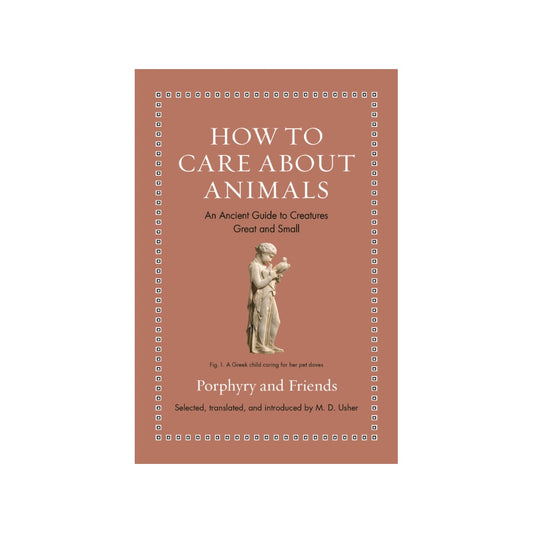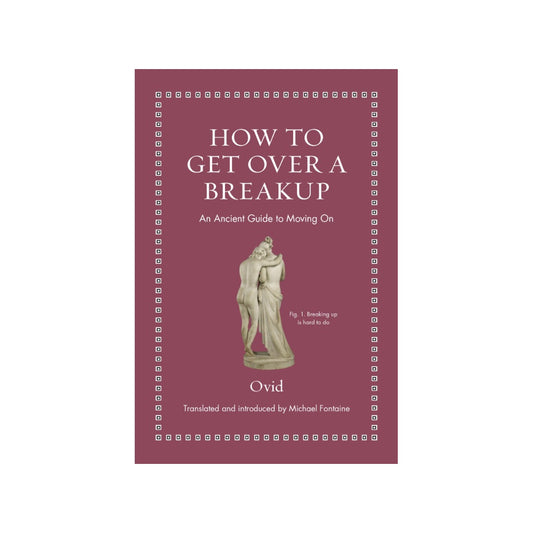-
How to Make a Home: An Ancient Guide to Style and Comfort
Regular price From $12.57 USDRegular priceUnit price per -
How to Have Willpower: An Ancient Guide to Not Giving In
Regular price From $12.57 USDRegular priceUnit price per -
How to Be Caring: An Ancient Guide to a Compassionate Life
Regular price From $12.57 USDRegular priceUnit price per -
How to Cope: An Ancient Guide to Enduring Hardship
Regular price From $12.57 USDRegular priceUnit price per -
How to Feel: An Ancient Guide to Minding Our Emotions
Regular price From $12.57 USDRegular priceUnit price per -
How to Be Grateful: An Aztec Guide to the Art of Gratitude
Regular price From $12.57 USDRegular priceUnit price per -
How to Find Happiness: An Ancient Guide to the Good Life
Regular price From $13.27 USDRegular priceUnit price per -
How to Listen: An Ancient Guide to Learning from Others
Regular price From $13.27 USDRegular priceUnit price per -
How to Compete: An Ancient Guide to the Virtues of Sports
Regular price From $13.27 USDRegular priceUnit price per -
How to Be Stoic: An Ancient Guide to Keeping Calm
Regular price From $13.27 USDRegular priceUnit price per -
How to Travel: An Ancient Guide for the Modern Tourist
Regular price From $13.27 USDRegular priceUnit price per -
How to Live: An Ancient Guide to a Happy Life
Regular price From $12.57 USDRegular priceUnit price per -
Architectural Digest at 100: A Century of Style
Regular price $125.00 USDRegular priceUnit price per -
How to Care about Animals: An Ancient Guide to Creatures Great and Small
Regular price $21.00 USDRegular priceUnit price per -
How to Get Over a Breakup: An Ancient Guide to Moving On
Regular price $21.00 USDRegular priceUnit price per
















